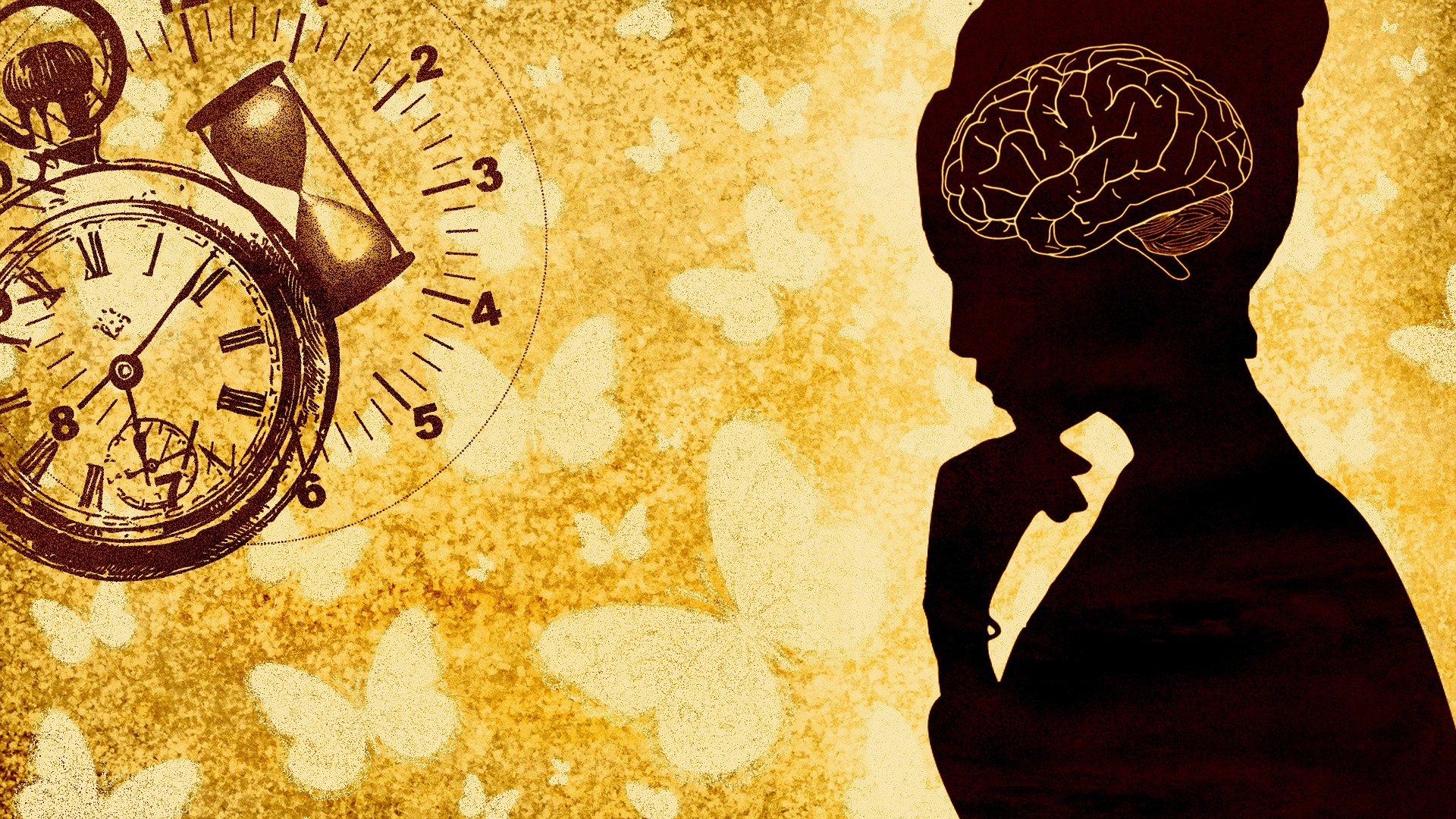
There is a great deal of information present within all of reality, so much so that the sensory input of it all can be overwhelming. Human brains, minds and sensory organs are simply not capable of perceiving or comprehending true reality, they filter the information available into a very narrow bandwidth relevant to our survival needs.
We can see more shades of green than most other animals because our distant ancestors lived amongst dense foliage and verdant jungles in an ecological niche shared with predatory snakes and spiders. Eyesight, our primary sense of reality is bound up within a very narrow bandwidth that we define as the visible spectrum, the humble goldfish however can also see into the infra-red and the ultraviolet ends of this very same continuum. A goldfish can see colours and shades that we can’t even imagine, ergo sense input is reality filtered, not reality itself.
Likewise, a philosophy is just a way of simplifying the conceptual input of existence, making it easier to understand, restricting us to a certain set of rules, assumptions, boundaries and limitations from which to approach life in a rational and logical framework. If followed, the rules of our particular philosophical discipline will give us a good life and help us make sense of our place within this thing called ‘existence,’ which of course is the whole point!
If it requires faith, it’s a religion
The same claim can also be made of religious orders, they also provide a framework for reality and a set of rules to live by, so how are religious paths different to philosophical ones. The answer is simple religions tend to push the result of their prescriptions into a new world that only exists after the death of our current body, requiring a leap of faith as they do so. Whereas philosophy is more concerned with the here and now, the life that we are living at this present moment and does not require faith. Religion, when followed, is the correct preparation for the afterlife. Philosophy when followed is a rational guide to this life, there can of course be some overlap.
The Camera of the Mind
When I view the world through the materialist lens a picture of Happy Nihilism is the result, when I view the world through the mystic lens an image of oneness is the result, neither is a complete depiction of reality because such a thing simply isn’t possible. The cosmos that we find around us remains the same however, regardless of the lens that I choose to look at through. This means that the universe is at once both nihilistic and mystic but it’s also everything else too, whether Stoic, Epicurean, religious, atheist, Buddhist, Christian and so on. Many of these positions are mutually exclusive and irreconcilable that together represents an incomprehensible mess, a totally blank slide, over exposed and completely white within the camera of our mind. When taken on their own however, they each can make some sense, despite being incomplete filters of reality, which is why I simply say that they are various lens that we look at reality through. The camera remains the same but the lens in front of it changes the nature of the photograph and that’s how it us with us. There are some things that we will just never understand and we just have to be content with that, it doesn’t mean that we shouldn’t try, only that we must be happy not to be able to know it all. When you go looking for the origins of matter for instance, you just find more matter, a bigger cosmos and a grander conception of reality that is still nonetheless incomplete.
Philosophy is just a mental lens that we can use to restrict known reality to a set of boundaries, rules, limitations that generates assumptions and points that we can all rationally agree upon, or not, hence the profusion of philosophical schools both in the ancient world and modernity.

